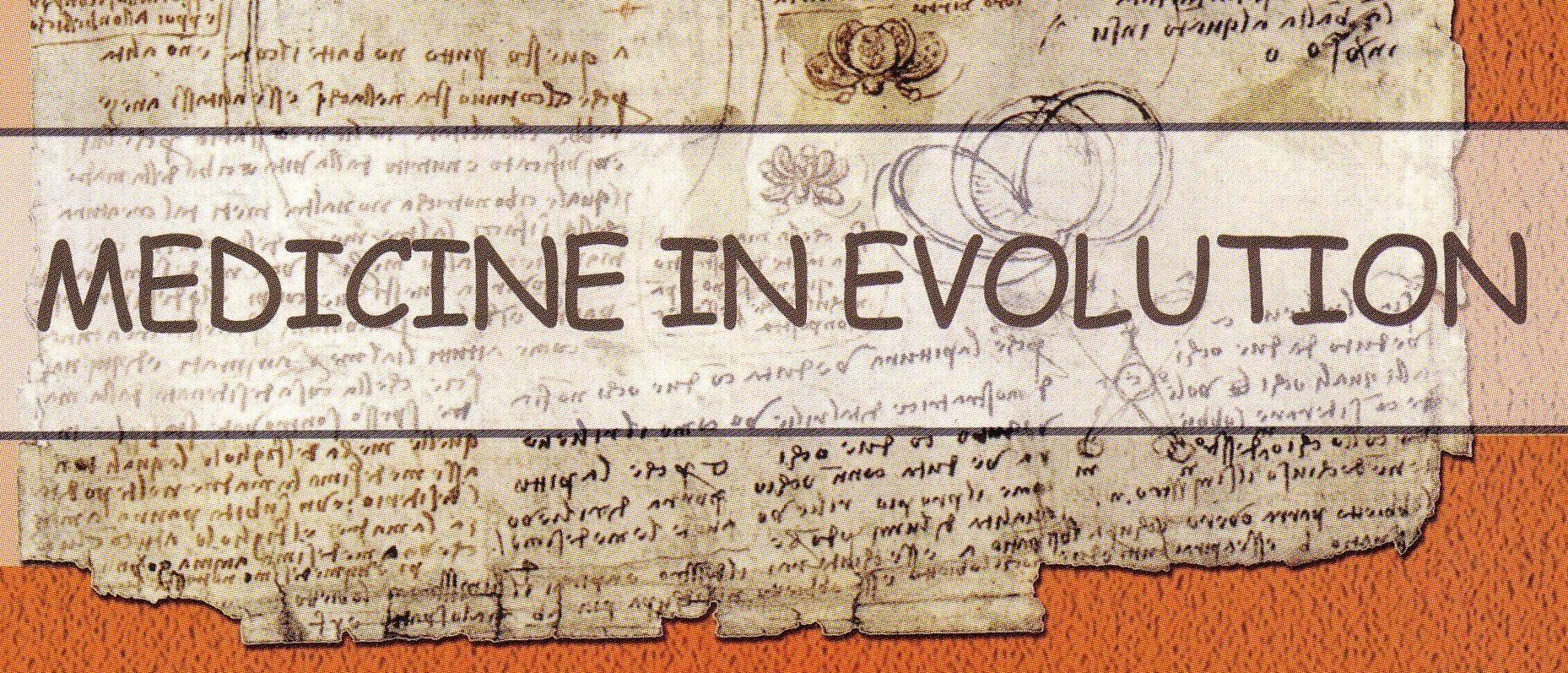|
Medicine in evolution
|
- Abstract - Thrombophilia is an inherited or acquired predisposition to thrombosis. The ability to “explain” thrombosis has led to the increasing use of thrombophilia testing in the assessment of patients with deep-vein thrombosis (DVT) and pulmonary embolism (PE). Although such an approach to investigation satisfies the curiosity of the clinician and the patient, whether, the unselective intensive laboratory investigation of cases of venous thromboembolism (VTE) is cost-effective is open to considerable doubt. This is because of limitations in the utility of the knowledge gained in determining evidence-based treatment protocols for individual patients and because the interpretation of some tests for heritable thrombophilia is problematic. We presented the clinical manifestation of thrombophilia, the laboratory assessment and management. We tried to establish who should be tested, what tests should be requested, when should testing be performed, and how should the test results affect primary prevention, acute therapy, and secondary prophylaxis of thrombosis.
Key words: Thrombophilia, pulmonary embolism, laboratory assessment.
Webmaster: Creanga Madalina |
|---|---|
